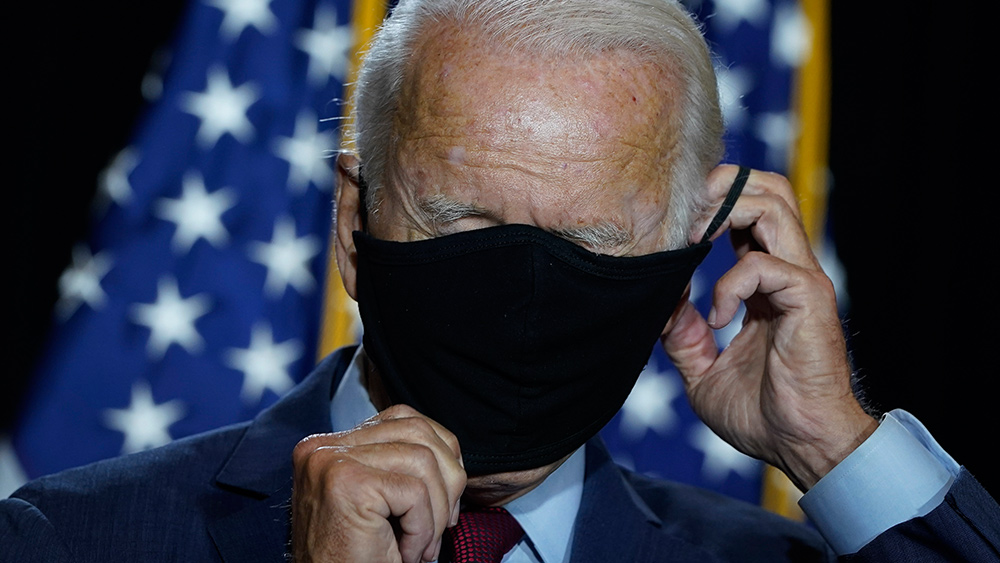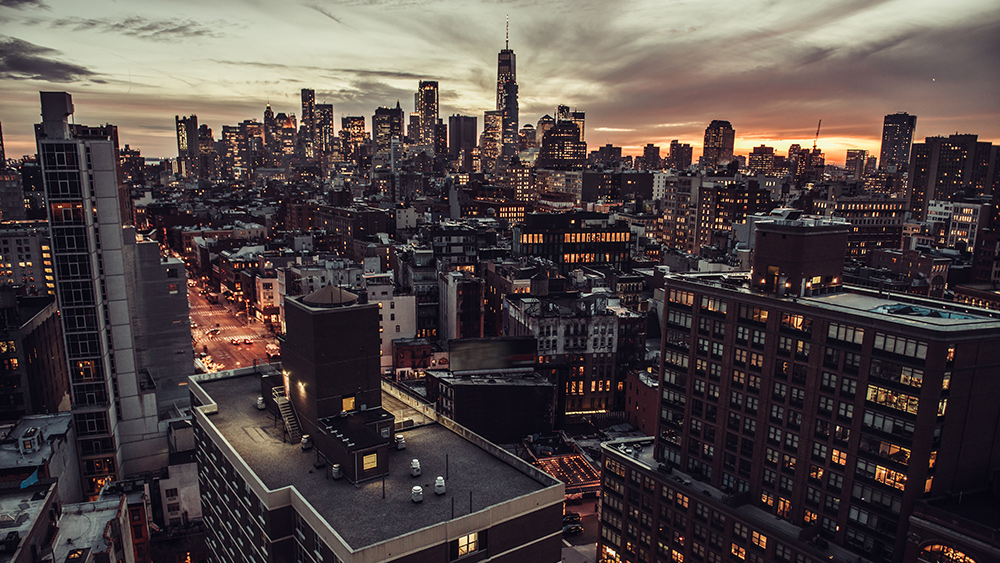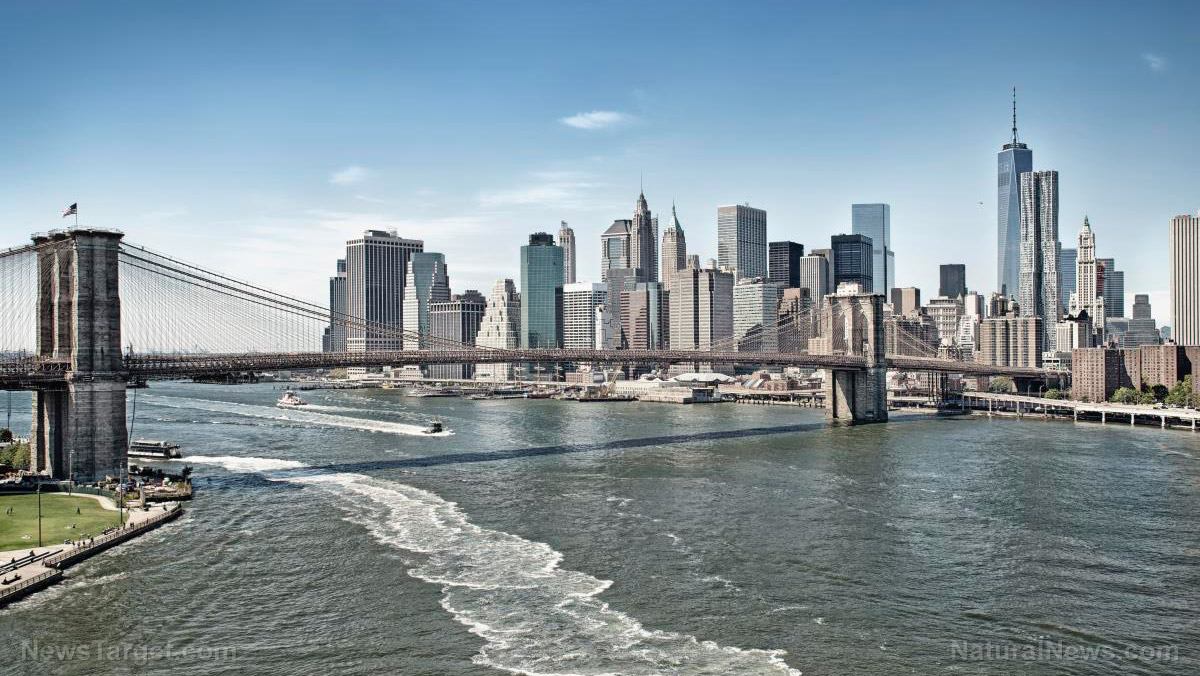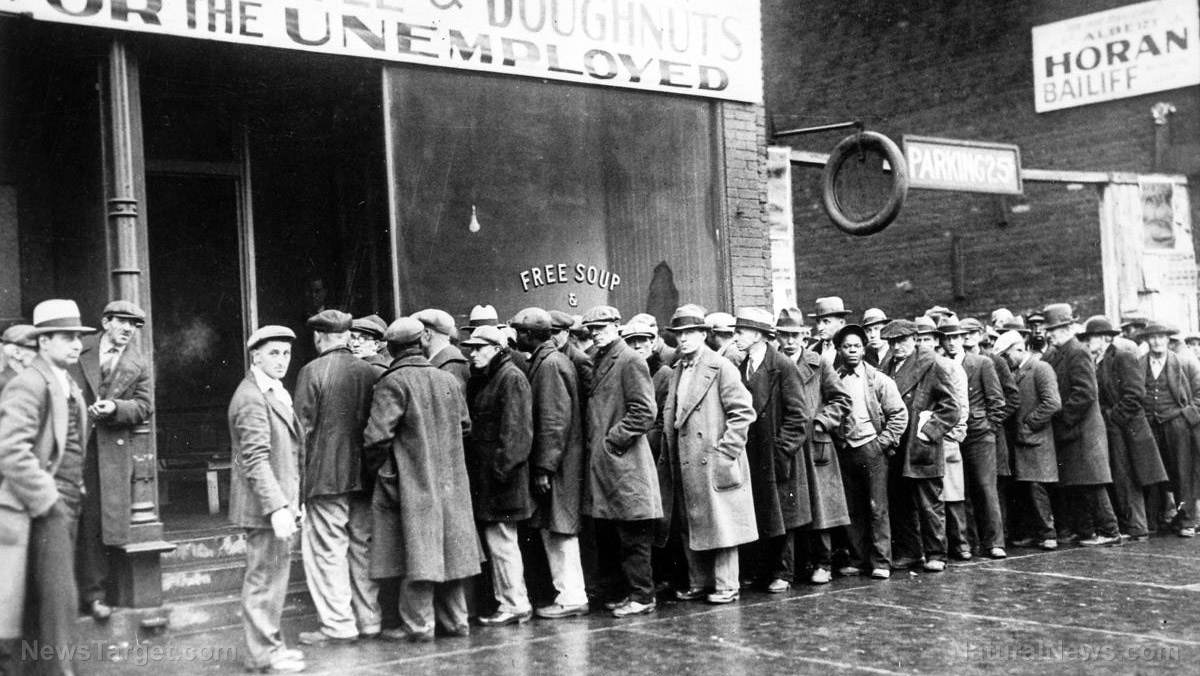Coronavirus batters New York City’s luxury real estate market
08/31/2020 / By Franz Walker

The ongoing Wuhan coronavirus (COVID-19) pandemic has pounded New York City’s luxury real estate market, which is seeing values fall at a rate that surpasses that of both the Great Recession of 2008, as well as the period immediately after the 9/11 attacks.
New York City home sales, in general, plummeted 50 percent in July with residential sales totaling only $2.67 billion compared to the $5.3 billion recorded in the same month last year. The slump in home sales is forcing realtors to slash prices, especially for the homes in some of the city’s most posh districts.
In West Chelsea, prices at the Peter Marino-designed ultra-high-end boutique condominium, The Getty, have been slashed by as much as 46 percent. One full-floor, four-bedroom apartment saw its price drop from $19.5 million to $10.475 million. (Related: New York City is “dead forever” says proud New Yorker.)
“Truth be told, you need to do something drastic and dramatic to attract attention,” explained Ran Korolik, a partner at Victor Group, one of the project’s developers. “I didn’t want to reduce prices by 15 percent or 20 percent and then have someone come along and try to negotiate another 15 percent or 20 percent.”
Coronavirus, riots and election affecting an already battered market
While the coronavirus has exacerbated the situation, the crisis itself came at a time when the New York City luxury real estate market was already under pressure.
“It’s not like New York City is all of a sudden on sale. New York has been on sale for the past 24 months,” said Tal Alexander, an agent with Douglas Elliman. “Sellers who are motivated and want to do deals need to add on another layer of discount.”
The pandemic, however, has made the numbers worse, leading to unprecedented drops in prices. According to UrbanDigs, between March 23 and August 16 sales of homes in Manhattan were off 56 percent year-over-year. In addition, sales were down by about 67 percent for properties priced at $4 million or above.
For the most part, the slowdown was driven by the city’s strict lockdown measures during the worst of its coronavirus crisis. Agents had been prohibited from showing properties in person and instead had to rely on virtual tours – something most said were of limited value.
In addition, the protests and riots following the killing of George Floyd while in police custody in Minneapolis have also rocked the city. This has resulted in the boarding up of stores and restaurants that had already been closed because of the pandemic.
Finally, the fact that it’s an election year has also affected the city’s real estate market. Manhattan sales tend to slow in a presidential election year as buyers waver amid uncertainty.
New York City’s housing market has been slow to recover
New York City’s housing market as a whole has been slow to rebound compared to other U.S. regions. This past July, there were 2,568 home sales in New York compared to 4,078 during the same time last year.
What recovery the city’s real estate market has seen has mostly been driven by cheaper homes. Data shows that the average cost of homes that changed hands last month was $1.04 million, compared to a year ago when it was over $1.3 million.
The sluggish recovery of New York City’s real estate market represents a major hit for the city, which drew in more than half of all revenue from real estate-related taxes last year.
City tax revenue from residential sales totaled just under $37 million in July. This is just over half of the $60 million that the city made last year.
While the city has recently enacted more taxes on high-end home purchases to help increase revenue, agents believe that this may have actually discouraged wealthy home buyers from making high-end home purchases. These concerns have only been fueled by calls from Democrats to address the current, pandemic-fueled economic crisis by further taxing billionaires who live in New York.
Follow Pandemic.news for more on the economic effects of the coronavirus.
Sources include:
Tagged Under: cities, Collapse, coronavirus, covid-19, economics, economy, flu, luxury, luxury real estate, money, New York City, NYC, outbreak, pandemic, Real Estate, risk, superbugs
RECENT NEWS & ARTICLES
COPYRIGHT © 2017 RISK NEWS



















